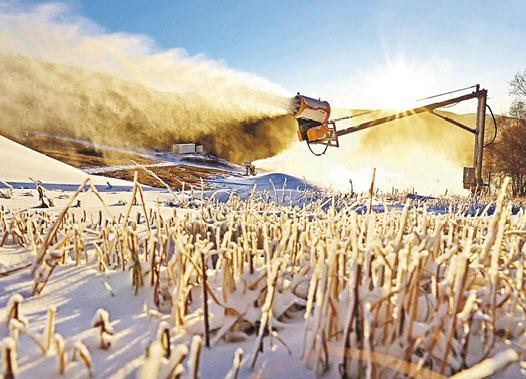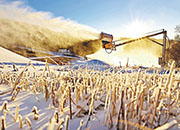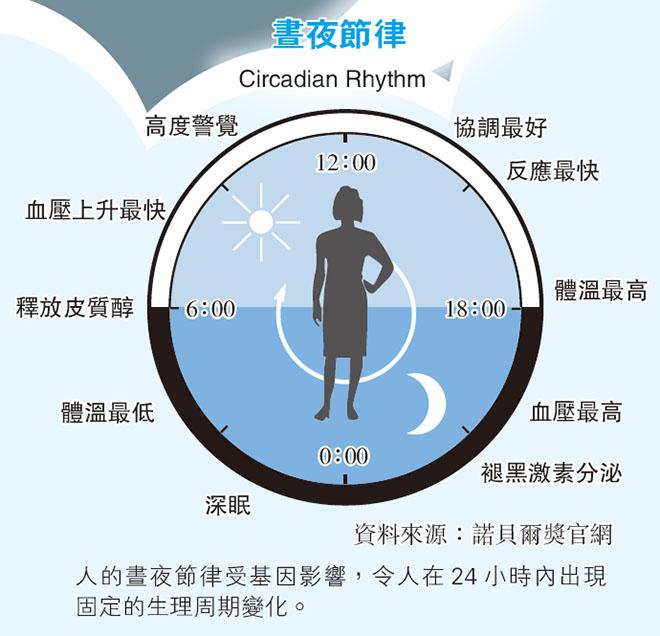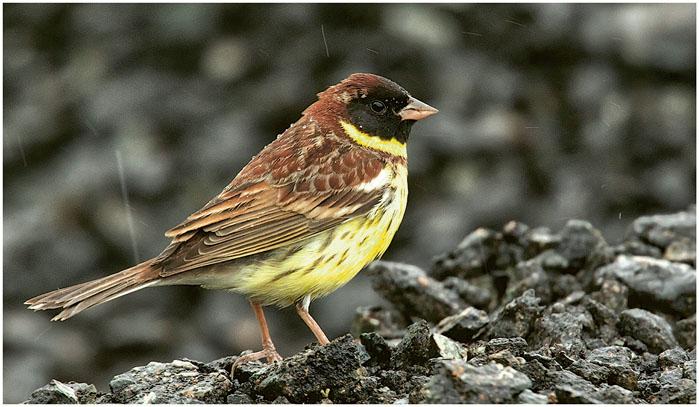Road to 5**:Environmental concerns about artificial snow for the Beijing Winter Olympics
【明報專訊】◆News summary
The Beijing Winter Olympics will begin on February 4, 2022. However, due to global warming and the low snowfall in the venues, next year's competition might rely heavily on artificial snow. The International Olympic Committee (IOC) estimates that 49 million gallons of water will be necessary to produce the artificial snow needed for the Beijing Winter Olympics. The environmental costs have become cause for concern.
As reported by The Observer, a British newspaper, the IOC is facing growing queries about the environmental costs of the Beijing Olympics. An IOC bid evaluation report pointed out that the annual snowfall in Yanqing District and Zhangjiakou, two venues for hosting events, is very low. ''These could be the most unsustainable Winter Olympics ever held,'' said Professor Carmen de Jong, a geographer at the University of Strasbourg. ''These mountains have virtually no natural snow.'' She said artificial snow was water- and energy-intensive, damaging soil health and causing erosion.
Martin Bell, an Alpine skier who competed in four Olympics, said that today's innovative technology helps artificial snow to be more environmentally friendly, ''Snow-making is now part of the sport and you just have to make sure it’s done in a careful way,'' he said. ''As competitors, we would always love to race in the Alps with beautiful villages and the church bells ringing, but we understand the sport needs to spread and become a truly worldwide sport. And going to China will help.''
Back in 2020, Beijing published a sustainability report on the Winter Olympics, stating that the stadium would use renewable energy and recycle water resources. According to a report from Chinanews.com, the authorities have built three water storage facilities at the Chinese National Alpine Skiing Centre. They will also use methods such as ''seepage, retention, storage, purification, use, and drainage'' to minimize water wastage in venues.
(Sources: The Observer, Ming Pao)
Translated by Odyssey Lang
● Mock examination question
''Beijing's hosting of the Winter Olympics is conducive to the sustainable development of the environment.'' Present one argument for and one against this claim, and explain.
Possible arguments:
◆For
.Innovation and technology can make artificial snow more environmentally friendly
According to the information supplied, Martin Bell, an Alpine skier who competed in four Olympics, said that today's innovative technology helps artificial snow to be more environmentally friendly. In addition, the Beijing authorities issued a sustainability report on the Winter Olympics, stating that renewable energy will be used, and water resources will be recycled, for the stadium. Water storage facilities will also be added to make artificial snow and reduce wastage of water resources. In recent years, the International Olympic Committee has imposed strict environmental protection requirements on the Olympic Games. The Beijing Winter Olympics will be monitored by different international organizations for waste of resources. Beijing will also use the Winter Olympics to strengthen the construction of environmental protection infrastructure such as facilities for recycling water resources to make Beijing's hosting of the Winter Olympics conducive to the sustainable development of the environment.
◆Against
.Vast resources needed to create artificial snow
According to the information provided, snowfall has been decreasing annually. In the Yanqing District and Zhangjiakou, the two locations selected for the Beijing Winter Olympics, annual snowfall is low. It may therefore be necessary to rely solely on artificial snow. According to Professor Carmen de Jong, a geographer at the University of Strasbourg, artificial snow was water- and energy-intensive, damaging soil health and causing erosion.
[通通識 第733期]









